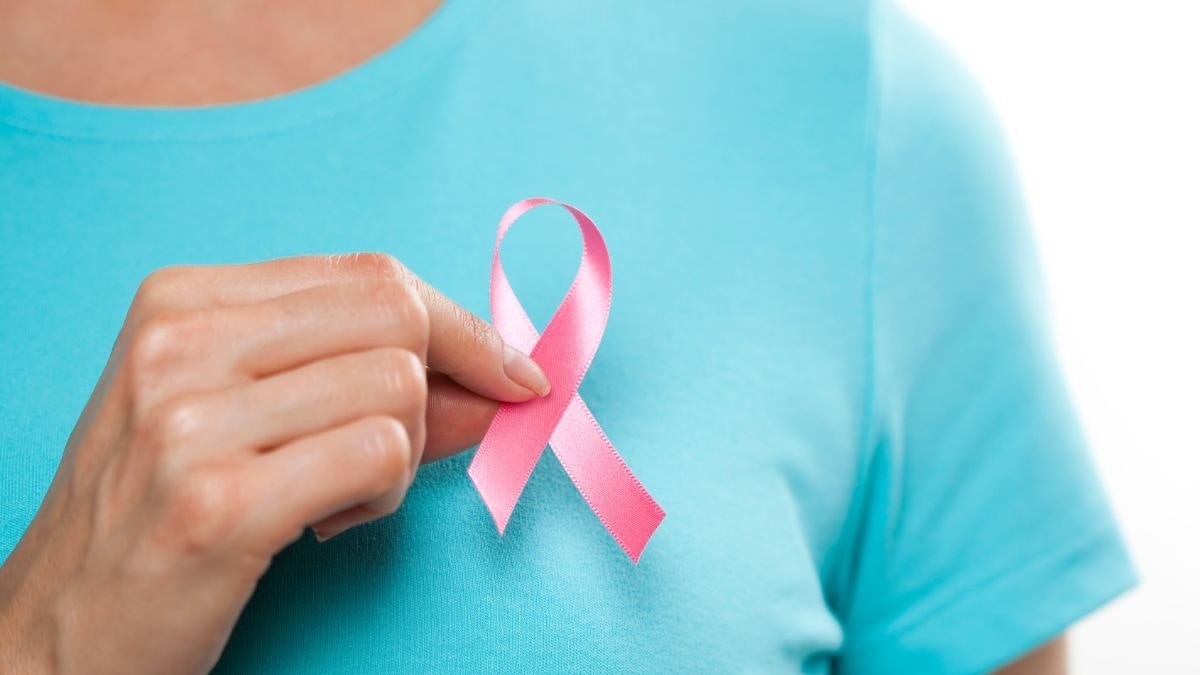For those diagnosed with cancer, advancements in medical technology and treatment modalities offer hope and healing.
On World Health Day, as the globe unites to address pressing health issues, one cannot overlook the formidable challenge of cancer. The statistics paint a stark reality: in 2023 alone, 2 million individuals faced the diagnosis of cancer, with 610,000 succumbing to the disease. Alarming as these figures may be, what’s perhaps more distressing is the realization that a significant portion of these cases and deaths could have been prevented. Embracing the notion that prevention is key, promoting healthy lifestyles emerges as a potent weapon in the battle against cancer.
Here are some healthy lifestyle tips to avert cancer risks:
- Maintaining a healthy weight and active lifestyleOne of the cornerstones of cancer prevention is maintaining a healthy weight and staying physically active. Research consistently shows that excess weight and sedentary lifestyles contribute significantly to cancer risk. By engaging in regular physical activity and adopting a balanced diet, individuals can mitigate the risk of several cancers, including breast, prostate, lung, colon, and kidney cancers.
- Avoiding tobacco useTobacco consumption stands as a leading cause of preventable cancers worldwide. Whether smoked or chewed, tobacco exposes individuals to a plethora of carcinogens, increasing the likelihood of developing various cancers, such as lung, mouth, esophageal, and pancreatic cancers. Abstaining from tobacco in all its forms remains a crucial step in cancer prevention efforts.
- Embracing healthy dietary habitsNutrition plays a pivotal role in cancer prevention. Incorporating a variety of fruits, vegetables, whole grains, and lean proteins into one’s diet can bolster the body’s defences against cancer. Additionally, certain spices, like turmeric and garlic, exhibit anti-cancer properties, further enhancing the protective effects of a healthy diet.
- Ensuring adequate Vitamin D intakeVitamin D deficiency has been implicated in various cancers, making adequate intake essential for overall health and cancer prevention. Individuals can bolster their Vitamin D levels through sun exposure, fortified foods, and supplements, thereby reducing their susceptibility to breast, colon, and pancreatic cancers.
- Protecting against sun exposureWhile sunlight is a vital source of Vitamin D, excessive exposure to ultraviolet (UV) radiation poses a significant risk of skin cancer. Practicing sun safety measures, such as wearing protective clothing and sunscreen, can mitigate this risk while still allowing for safe sun exposure.
- Vaccination against viral infectionsCertain viral infections, such as HPV and hepatitis B, can predispose individuals to specific cancers. Vaccination against these viruses offers a proactive approach to cancer prevention, reducing the likelihood of developing cervical and liver cancers, respectively.
- Early detection through screeningRegular screenings for various cancers, including breast, cervical, colorectal, and lung cancers, facilitate early detection and intervention, significantly improving treatment outcomes. By prioritizing routine screenings and self-examinations, individuals can detect cancer at its earliest stages when treatment is most effective.
Diagnosis and treatment
Early detection through screenings allows for timely intervention, increasing the likelihood of successful treatment outcomes. For those diagnosed with cancer, advancements in medical technology and treatment modalities offer hope and healing. From targeted therapies to immunotherapies, the landscape of cancer treatment continues to evolve, providing patients with tailored approaches that maximize efficacy while minimizing side effects. Together, prevention, early detection, and advances in treatment herald a future where cancer is not a life sentence but a conquerable challenge.
